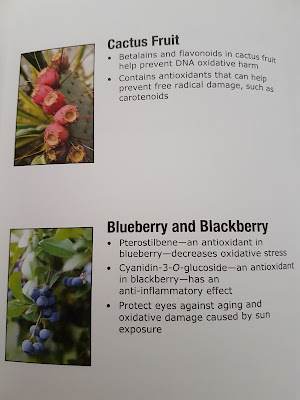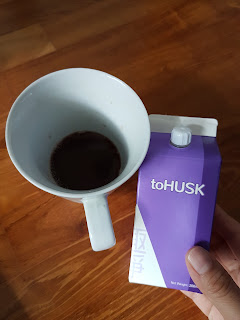Fish oil, the most popular supplement in the market.
Many taking fish oil due to the Omega 3. Omega 3 is crucial for overall health.
Benefits of Omega 3
We need Omega 3, to balance the high Omega 6 that we consume daily. High Omega 6 easily lead to inflammation.
High Omega 6 normally comes from vegetable oils in our diet.
Many opt for Fish oil as convenience sources of Omega 3, however, there are many researches link the fish oil and prostate cancer.
Other sources:

Taking omega-3 fatty acids, derived from fish oils, can increase a man's risk of high-grade prostate cancer by 71 per cent
However, scientists found that those with the highest levels of omega-3 in their blood were 71 per cent more likely to develop fast-growing, hard-to-treat prostate tumours.
They were also more likely to contract the slower, less deadly form of the disease, with the overall prostate cancer risk raised by 43 per cent.
The team from the Fred Hutchinson Cancer Research Centre in Seattle warned: ‘There is really no evidence that taking dietary supplements is beneficial to health, and there is increasing evidence that taking high doses is harmful.’
Dr Alan Kristal said the levels of omega-3 linked to the increased cancer risk would be reached by taking just one supplement a day, or three or four meals of fish such as salmon and mackerel each week.
Taking omega-3 was also associated with a 44 per cent greater chance of developing low-grade prostate cancer
However, he stressed that when compared to fatty acids received by eating oily fish, the amount consumed via pills was ‘huge’.
It is unclear how fish oil could trigger tumours, but omega-3 may restrict the immune system, or damage our DNA. It is also unclear if it helps tumours to grow and spread.
The finding came amid a wider research project of more than 2,000 men, examining whether supplements of vitamin E and the mineral selenium can help prevent prostate cancer – the most common cancer in British men, killing more than 10,000. Selenium provided no benefit, and vitamin E increased the odds of contracting the disease.
Dr Kristal said: ‘As we do more and more of these studies – and I have been involved in them most of my career – we find high doses of supplements have no effect or increase the risk of the disease you are trying to prevent.
‘There is not really a single example of where taking a supplement lowers chronic disease risk.’
Professor Malcolm Mason, of Cancer Research UK, said: ‘The results of this study are surprising, and we clearly need more research to understand what is behind them.’
Although he stressed the researchers could not be certain whether the study’s participants ate oily fish or took omega-3 supplements, he said the results ‘show how complex the effects of food supplements might be’.
Dr Iain Frame of Prostate Cancer UK agreed that ‘larger and more complex studies will need to take place before we understand how the risks of a diet high in omega-3 balance against [its] benefits’.
Several recent studies have called omega-3’s benefits to the heart into question, too. One, which examined 20 studies involving almost 70,000 people, found that those who took omega-3 were no less likely to die of a heart attack or stroke than others
- End quotes from article
It's utmost important to be wiser consumer, you are what you eat.
Cheers
To keep the body in good health is a duty, otherwise we shall not be able to keep our mind strong and clear
Siew Choon
Nutritional Immunology Lifestyle Coach
90263064































































